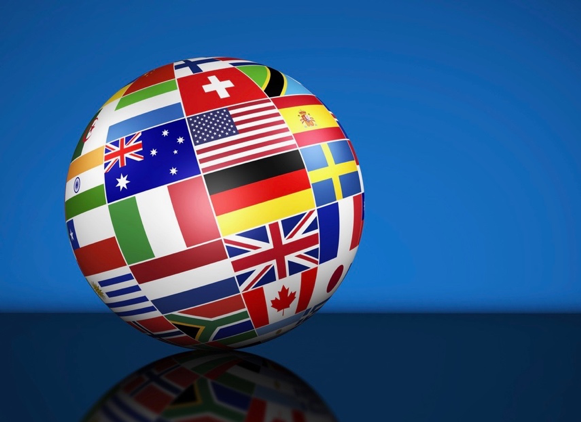
I’m not big on souvenirs, but there are a few things I will pick up when traveling. Spices. Art. Pins. Clothing (excluding t-shirts with a city’s name on it). Scarves. Words.
Yes, words.
English is a great language, but it isn’t all-encompassing. When I’m in a new place, I love discovering a word in the native language that doesn’t exist in English (but that I think should!). Here are twelve of my finds.
Shemomedjamo (Georgian)
You know when you’re really full, but the food is just so delicious, you can’t stop eating it? Georgians feel your pain. This word translates to “I accidentally ate the whole thing.”
Slampadato (Italian)
Addicted to the UV glow of tanning salons. (Not me!)
Fahrvergnügen (German)
Remember Volkswagen commercials in the 1990s? This word refers to the pleasure one feels from simply driving around. Yesss!
Kummerspeck (German)
“Grief bacon;” that is, excess weight gained from emotional overeating. Pandemic pounds, anyone?
Tsundoku (Japanese)
The act of buying a book and then never reading it. (Me; see my bedside table.)
Tartle (Scots)
The nearly onomatopoeic word for that panicky hesitation just before you have to introduce someone whose name you can’t quite remember. (Me, at writer’s conferences.)
Karelu (Tulu)
This is the mark something leaves on the skin when worn too tight, such as jeans, socks, or a bra. See Kummerspeck, above.
Olfrygt (Danish)
Translated literally, this means “ale fright.” The Vikings, who came up with this word, meant it in reference to the fear of running out of beer. Today, it also refers to the disappointment of traveling somewhere that doesn’t have a bar or other place to acquire booze.
Age-otori (Japanese)
Looking worse after a haircut. (Me, on picture day in elementary school—Sorry, Mom; Husband, after one of my pandemic trims.)
Estrenar (Spanish)
Meaning “brand new,” this refers to when you do, wear, or use something for the first time; perfect for that moment when you put on a new coat or slip behind the wheel of a new car.
Lagom (Swedish)
Maybe Goldilocks was Swedish? This word is hard to translate exactly; it means something like, “not too much, not too little, but juuuuust right.”
Kalsarikannit (Finnish)
Drunk. At home. Alone. In your underwear.
Leave it to the Finns—who, I might add, have been anointed the “happiest people on earth” for the last four years running—to coin a word that encompasses all of the above. Specifically, this translates to “the feeling when you are going to get drunk home alone in your underwear with no intention of going out.”
Pretty much sums up 2020, wouldn’t you say?
